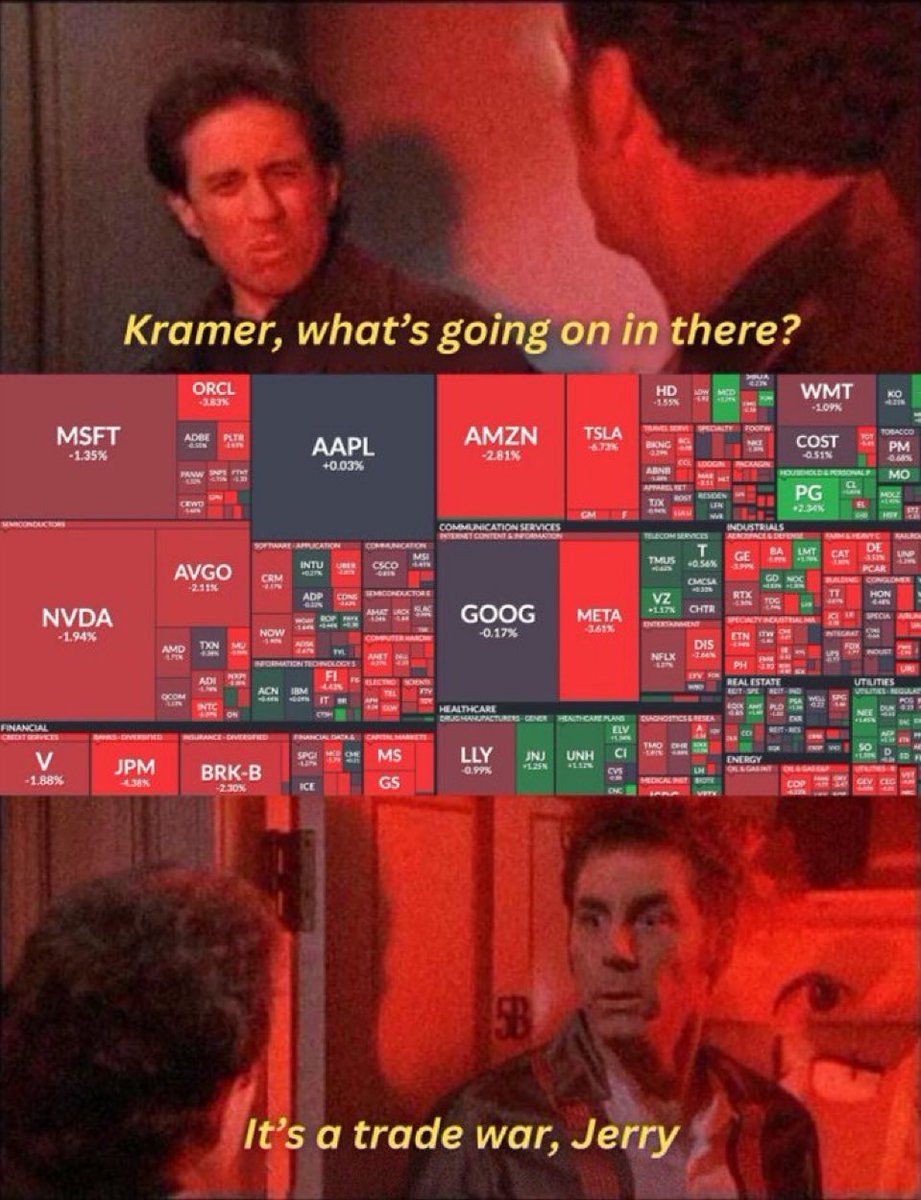In today’s Vatnik Soup, I’ll introduce a Russian journalist, Leonid Ragozin (@leonidragozin). He’s best-known for posing as a Russian dissident, while at the same time sneakily promoting the Kremlin’s narratives about the Russo-Ukrainian War.
1/20
1/20

On paper, Leonid doesn’t look like your typical Kremlin apologist - he’s written and worked for prestigious Western outlets like the BBC, the Guardian, and he’s even written some Lonely Planet guides for the Baltic countries!
2/20

2/20


But Ragozin’s public commentary often seems to walk a fine line: condemning the war while pushing narratives that shift blame, dilute responsibility, or quietly carry the same old imperial baggage Russia - or its opposition - has never truly forgotten.
3/20

3/20


He routinely warns the West not to “humiliate Russia,” a talking point that eerily echoes Putin’s own rhetoric. I mean, if your biggest concern during a war of aggression is that the aggressor might feel offended, are you really opposing the right things?
4/20

4/20


His framing consistently casts small, vulnerable democracies in Eastern Europe as aggressive, overreacting, or irrational — while subtly positioning Russia as a misunderstood giant, unfairly antagonized by its neighbors.
5/20


5/20



Just before the full-scale invasion of Ukraine, Ragozin repeatedly ridiculed the idea of a potential full-scale war, called Western support for Ukraine reckless and suggested that Ukrainian sovereignty was being manipulated by NATO interests.
6/20



6/20




In Jan 2022, Ragozin tweeted that a “full-scale Russian invasion is an extremely improbable scenario,” & compared the people who were claiming this to the antivax movement.He also called the military buildup at the border “deliberately demonstrative” & a “bluff”.He visited…
7/20



7/20




… Mark “All russian girls want to be raped” Ames’ War Nerd Radio, where he denounced the US intelligence leaks about an imminent war, claiming that it was “Russophobia”. Ames has also been a harsh critic of Zelenskyy’s government, and also denied any chance of invasion.
8/20



8/20




He also dismissed Ukraine’s post-Maidan politics as “nationalist” and “alienating to Russians,” a take that grossly misrepresents a country fighting for its right to exist. Leonid seems more focused on the feelings of Russians than on the survival of Ukrainians.
9/20

9/20


Worth mentioning that right after emigrating to Latvia in 2013, Ragozin published an article ambitiously titled “Ukraine protests: The view from Moscow”. There, he rants about “problems faced by the Russians in Ukraine,” “the danger posed by the Ukrainian nationalists,”…
10/20
10/20

…and the “artificial nature of Ukraine’s borders.” Again, all this could’ve come directly from a Kremlin-funded media. Ragozin even blamed Ukraine for the anti-semitic pogroms in Dagestan that took place in 2024 after the 7 Oct Hamas terrorist attack.
11/20
11/20

But none of this is new. Already back in 2014, just 2 days after the MH17 tragedy, Leonid published an article in English titled “Who is responsible for the MH-17 tragedy?” where he simply chose to speculate on “versions of the tragedy”, even gesturing towards Ukraine.
12/20


12/20



Leonid sees Ukrainian “Nazis” absolutely everywhere. Based on his tweets, one could even come to a conclusion that Ukraine is at the brink of falling into the hands of the evil Banderites — who for some reason have never passed 3% popularity in Ukrainian elections.
13/20


13/20



In one of his op-eds for bne IntelliNews, Ragozin emphasized Hungary’s efforts in “promoting peace” for Ukraine, and framed the evil Anglo-Saxon leaders as warmongers who sabotaged all peace efforts with Russia - as if any treaties with Russia could ever be trusted.
14/20



14/20




And Leonid still has a hard time believing any imperialistic tendencies of Putin. According to him, Russia’s not fighting for territory, but for new red lines that would stop NATO’s eastward expansion in the future. But this simply isn’t true, as Russia is currently…
15/20

15/20


…in full war economy, their education system has been transformed into a fascist brainwashing machine, they’re force-recruiting soldiers from occupied regions, and they’re provenly collaborating with North Korean and Chinese soldiers in their barbaric invasion.
16/20



16/20




For someone who claims to be hunted by the regime, Leonid still seems to find a way to visit his beloved home country. He’s made hundreds of trips to Russia since 2014, and he was there even when the full-scale invasion started (flew in on 17 Feb, left on 3 Mar).
17/20
17/20
And that’s not all - through 2020, Ragozin worked for Vremya, a newscast described as the “flagship propaganda outlet” of Russia. For being a harsh critic of the Kremlin, Leonid had no trouble working for this state-funded propaganda mill.
Makes you wonder, eh?
18/20
Makes you wonder, eh?
18/20

We don’t need more Russian commentators telling us that Estonia is overreacting, that Ukraine is being divisive, or that NATO is to blame. We need voices committed to defending democracy and Ukraine’s sovereignty — not to protecting Russia’s reputation.
19/20


19/20



To conclude: Ragozin is a classic case of a Russian “dissident” - someone who seemingly criticizes Putin’s barbaric invasion, yet at the same time telegraphs his willingness to help the country in its “patriotic struggle”.
20/20
20/20

The 2nd edition of “Vatnik Soup — The Ultimate Guide to Russian Disinformation” is officially out!
You can order your copy here:
kleart.eu/webshop/p/vatn…
You can order your copy here:
kleart.eu/webshop/p/vatn…
• • •
Missing some Tweet in this thread? You can try to
force a refresh































